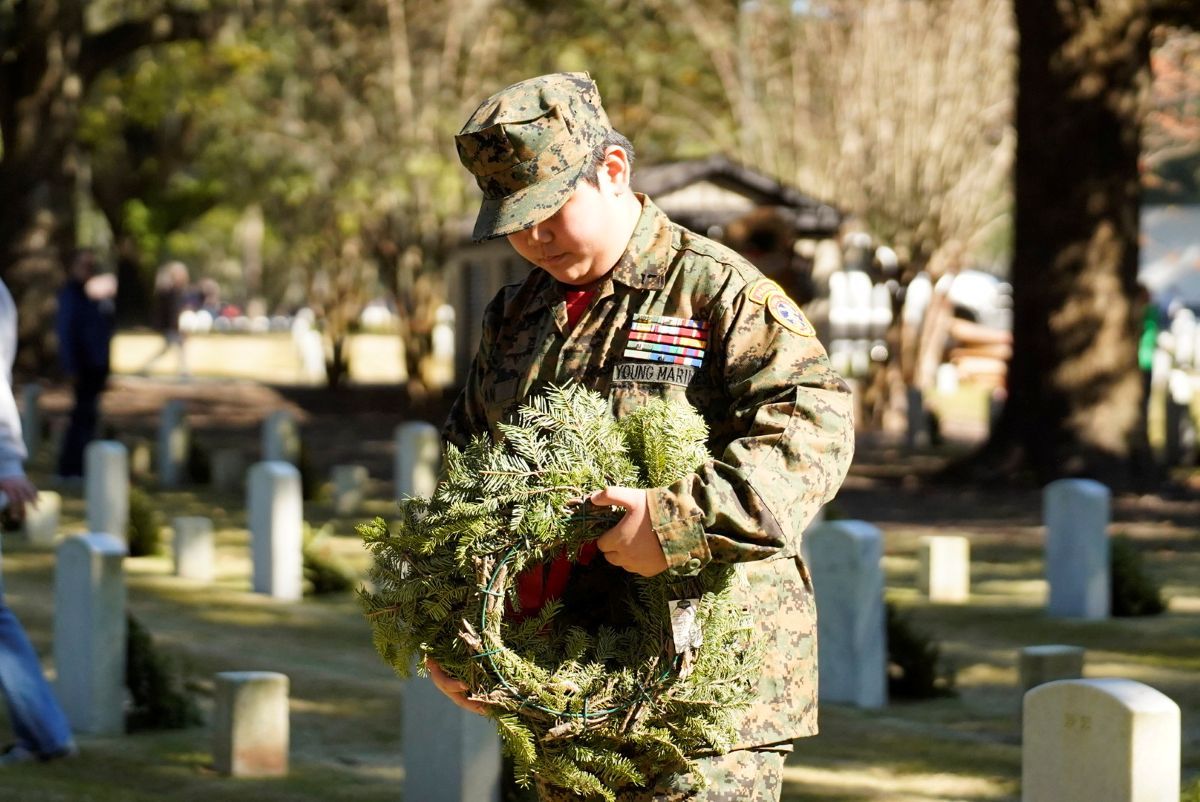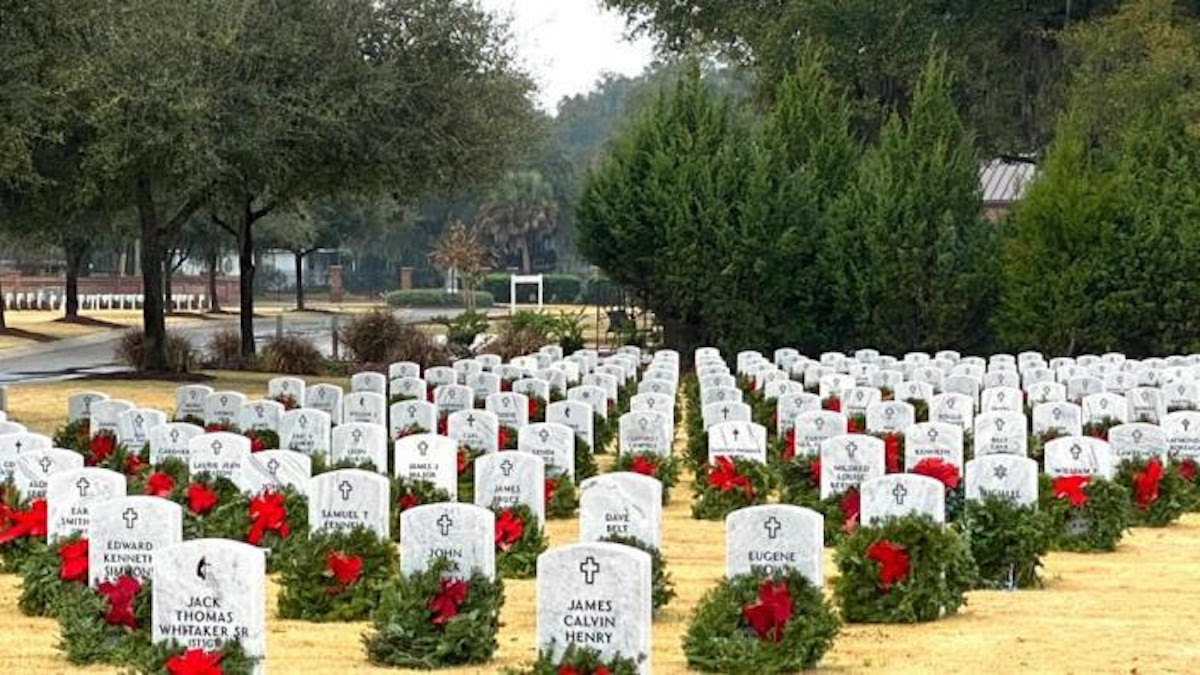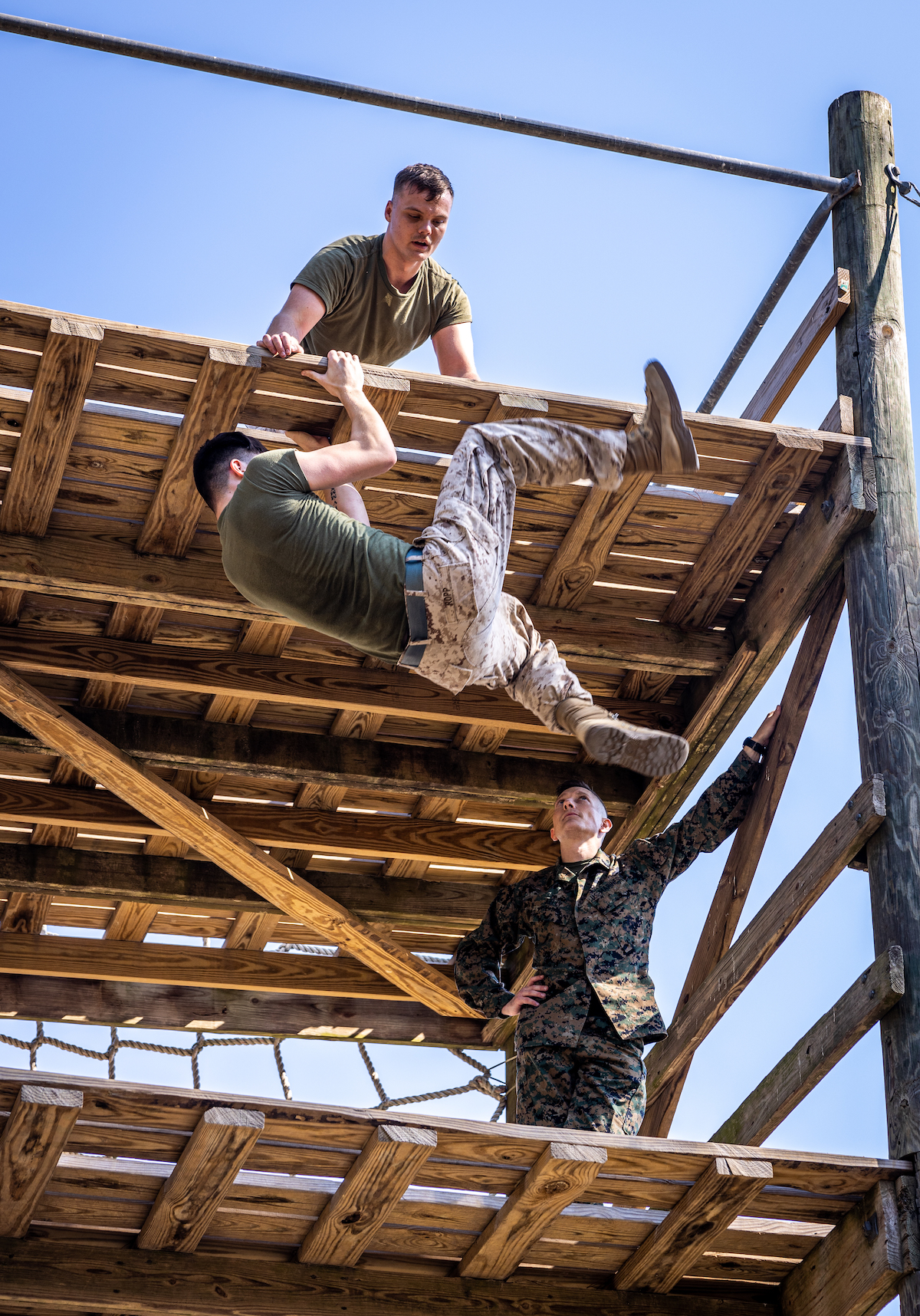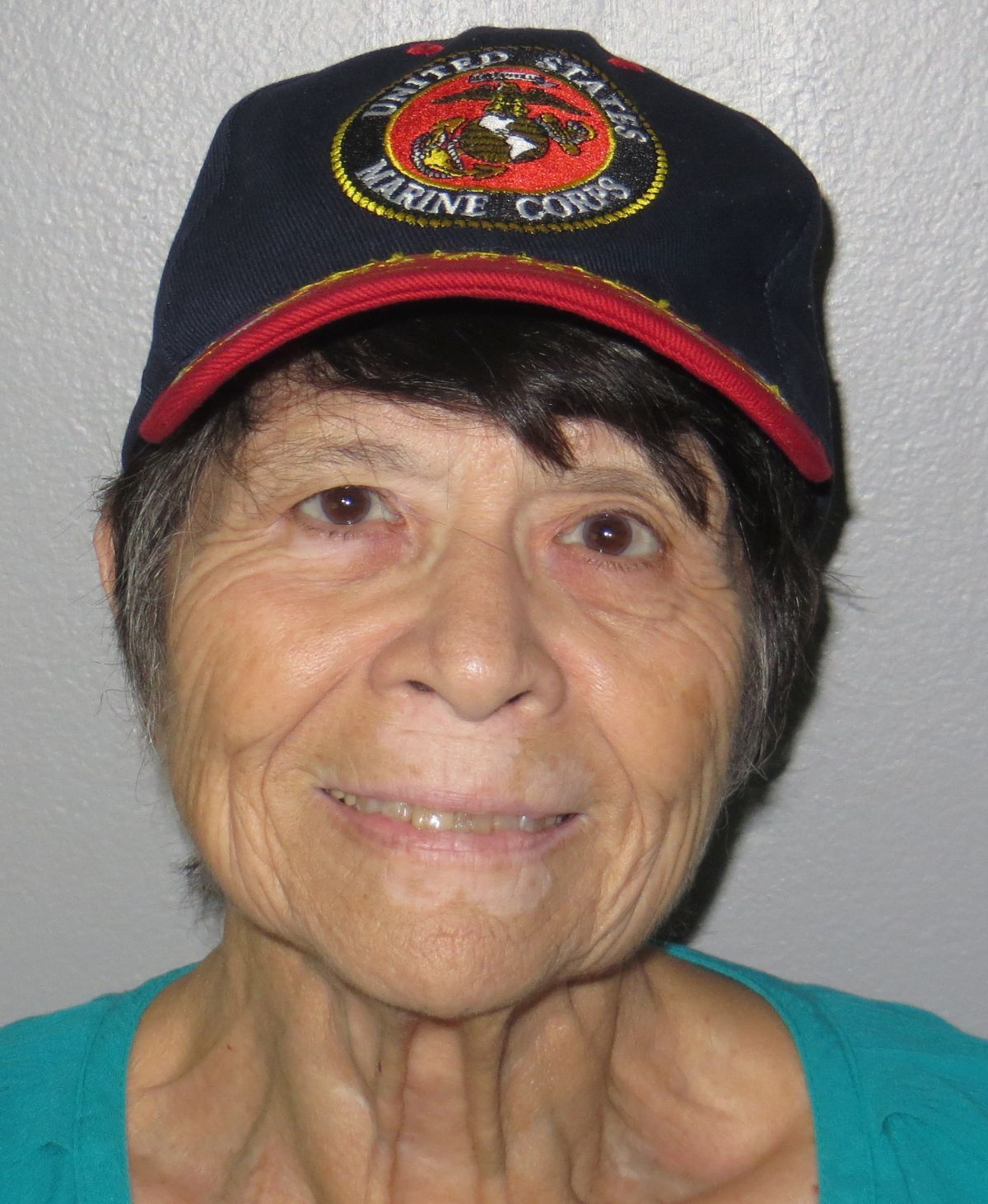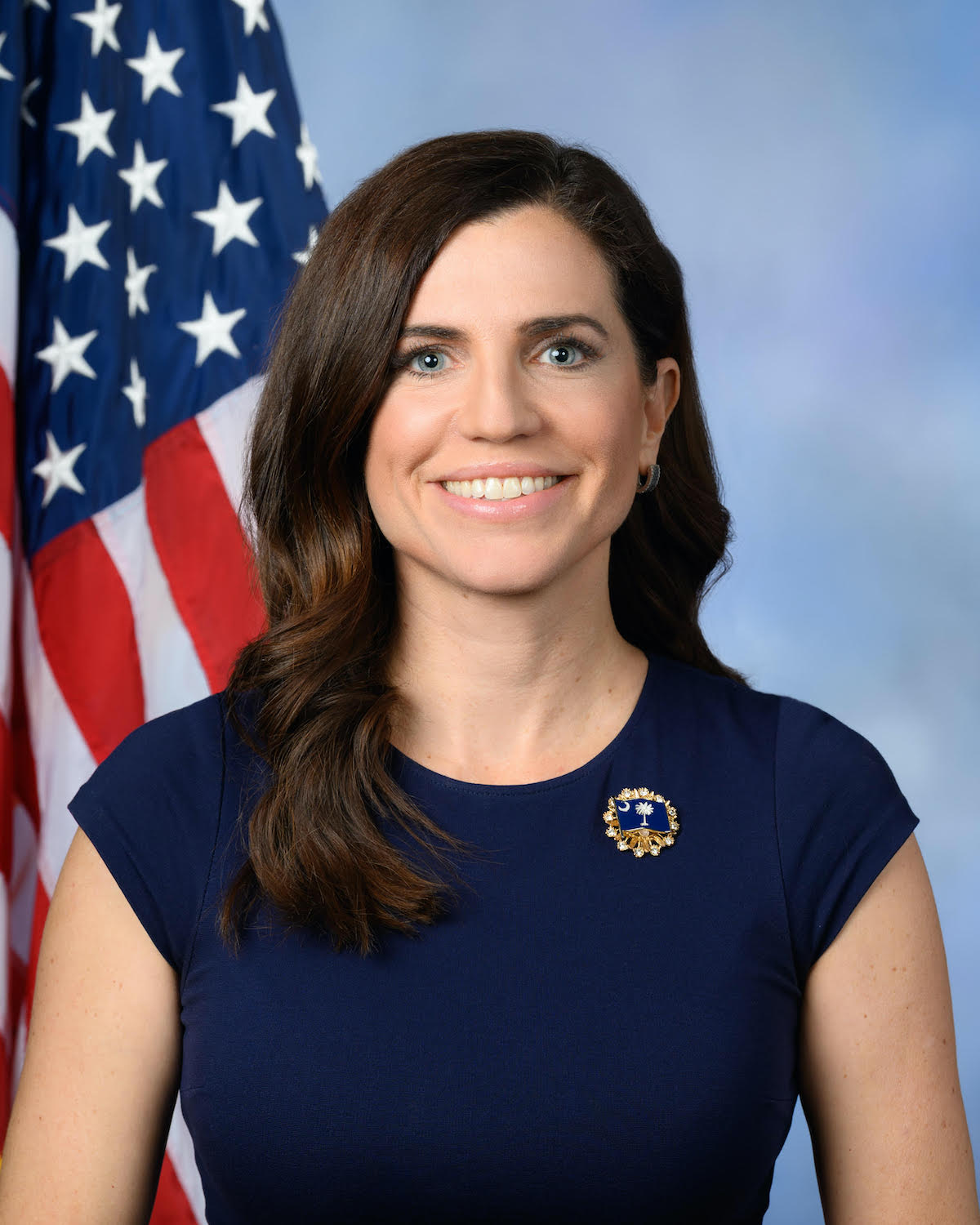By Larry Dandridge
Editor’s note: This article is the third in a series of four.
This is the third of four articles on 23 VA benefits for elderly veterans. The first article covered the VA’s pension program (Regular Pension and enhanced benefits of Aid & Attendance and Housebound), Geriatrics and Extended Care Program, and Long-Term Care Program. It also reminded veterans to sign up for VA healthcare, use a Veterans Service Officer (VSO) to help them file for their VA benefits and services, and ensure they know their social worker.
You can read Article 1, dated Dec. 4, 2024, online at https://bit.ly/4grRyEa.
The second article was published on Dec. 11, 2024, and it covered Military Service-connected Disability Compensation and Residential Settings and Nursing Homes [including the Community Residential Care Program, Medical Foster Homes, Adult Family Homes, Traumatic Brain Injury – Residential Rehabilitation (TBI-RR), and Assisted Living]. To read all of Larry Dandridge’s past The Island News articles on veterans’ benefits, leadership, law enforcement, hospice, and other topics, go to https://www.yourislandnews.com and click on MILITARY.
This article will cover the following benefits/services involving residential settings and nursing homes.
Benefit 10 of 23 — VA Community Living Centers (VA Nursing Homes)
A Community Living Center (CLC) is a VA Nursing Home. Veterans may stay for a short time or, in rare instances, for the rest of their lives. It is a place where veterans can receive nursing home-level care, including help with daily living activities, skilled nursing, and medical care. There are more than 100 Community Living Centers across the country. See this listing of the current VA Community Living Center Locations at https://bit.ly/3ZVffzk.
There is a VA Nursing Home in the Ralph H. Johnson VA Medical Center (phone 843-577-5011) and in the William Jennings Bryan Dorn VA Medical Center (803-776-4000). Unlike many nursing homes in the past, a Community Living Center resembles “home” as much as possible. There are activities for veterans of all ages, family-friendly places to visit, veterans’ rooms to decorate, and pets allowed to visit or live in the CLC.
Veterans may stay for a short time or, in rare instances, for the rest of their lives. The mission of a Community Living Center is to restore each veteran to his or her highest level of well-being. It is also to prevent declines in health and to provide comfort at the end of life. Learn more at https://bit.ly/4gD9lbF and by talking to your VA Social Worker.
Benefit 11 of 23 — Community Nursing Homes
A Community Nursing Home is where veterans can live full-time and receive skilled nursing care any time of day or night. VA contracts with community nursing homes to care for veterans. The Community Nursing Home program is offered in many communities so veterans can receive care near their homes and families. Learn more at https://bit.ly/3DcBmbF and by talking with your VA Social Worker.
Benefit 12 of 23 — State Veterans Homes
State Veterans Homes provide nursing home, domiciliary, or adult day care. They are owned, operated, and managed by state governments. To participate in the State Veterans Home program, the VA must formally recognize and certify a facility as a State Veterans Home. The VA then surveys all facilities yearly to ensure they continue meeting VA standards. The VA does not manage State Veterans Homes.
You can find the National Association of State Veterans Homes Directory of U.S. State Veterans Homes at https://nasvh.org/directory/. There are five State Veterans Homes in South Carolina. They are in Walterboro, Anderson, Gaffney, Columbia, and Florence. The Veterans Victory House address is 2461 Sidneys Road, Walterboro, S.C. 29488, and the phone number is 843-538-3000.
Benefit 13 of 23 — Homemaker and Home Health Aide Care (Home Based & Community Care)
A Homemaker and Home Health Aide is a trained person who can come to a veteran’s home and help the veteran take care of themselves and their daily activities. The services of a homemaker and home health aide can help veterans remain in their own homes and can serve veterans of any age.
Homemakers and Home Health Aides are not nurses but are supervised by a registered nurse who will help assess the veteran’s daily living needs. This program is for veterans who need personal care services and help with daily living activities. It is also for veterans who are isolated or whose caregivers are experiencing a burden. These services can be combined with other Home and Community-Based Service.
Homemakers and Home Health Aides work for an organization that has a contract with the VA. Homemaker or Home Health Aid services can be an alternative to nursing home care and provide respite care at home for veterans and their family caregivers. The services of a Homemaker or Home Health Aide can help veterans remain living in their own homes and can serve veterans of any age. Learn more at https://bit.ly/3ZBo5kF and by talking with your VA Social Worker,
Benefit 14 of 23 — Skilled Home Health Care (Home Based & Community Care)
This care is for veterans needing short-term care as they move from a hospital or nursing home back to their homes. It can also be used to provide continuing care to people with ongoing needs. The program is for veterans who need skilled services such as skilled nursing, case management, physical therapy, occupational therapy, speech therapy, wound care, or IV antibiotics.
Skilled Home Health Care can be combined with other Home and Community-Based Services. The care is delivered by a community-based home health agency that has a contract with VA. Learn more at https://bit.ly/3ZE04Jx and by asking your VA Social Worker.
Benefit 15 of 23 — Home-Based Primary Care (Home Based & Community Care)
Home-based primary Care is health care services provided to veterans in their homes. The program is for Veterans who need team-based and in-home support for ongoing diseases and illnesses that affect their health and daily activities. Because of the severity of their illness, veterans usually have difficulty making and keeping clinic visits and are often homebound, but that is not required.
This program is also for veterans who are isolated or whose caregivers are experiencing a burden. Home-based Primary Care can be combined with other Home and Community-Based Services. Learn more at https://bit.ly/3VJuGs9 and by talking with your VA Social Worker.
Continued next week.
Larry Dandridge is a Vietnam War wounded warrior, disabled veteran, ex-Enlisted Infantryman, ex-Warrant Officer Pilot, and retired Lt. Colonel. He is a past Veterans Service Officer, a Patient Adviser at the RHJ VA Hospital, a Fisher House Charleston Good Will Ambassador, and the VP for Veteran Affairs for the local Association of the US Army (AUSA) Chapter. Larry is the author of the award-winning Blades of Thunder (Book One) and a contributing freelance writer with The Island News. Contact him at LDandridge@earthlink.net or 843-276-7164.



